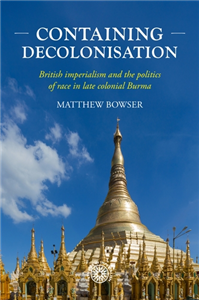Summit Books
Summit Books is a division of Summit Publishing Company, Inc. We celebrate pop culture, extraordinary ideas, the brilliance of local talent, and up-and-coming trends. We provide readers with fresh reading material that’s well-written, well-priced, and well-distributed.Being a key player in the local book publishing, we pride ourselves for combining both strategy and out-of-the-box thinking in the books we publish. From a single imprint to five exciting new mediums for the written word, Summit Books has taken cues from market trends and even has dictated the needs of the local book market. This allows for the advancement of multi-platform marketing among various demographic levels.
View Rights Portal
























